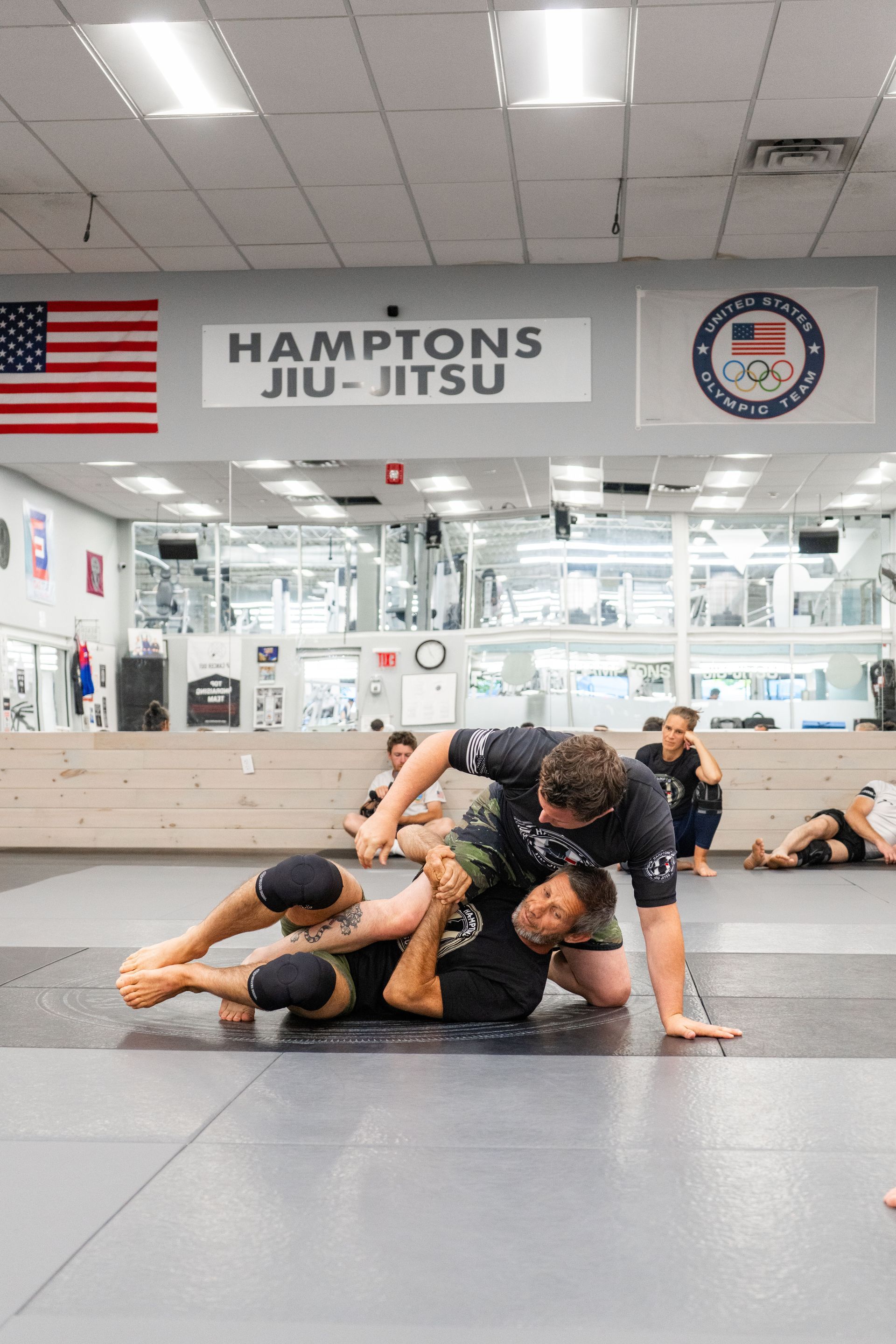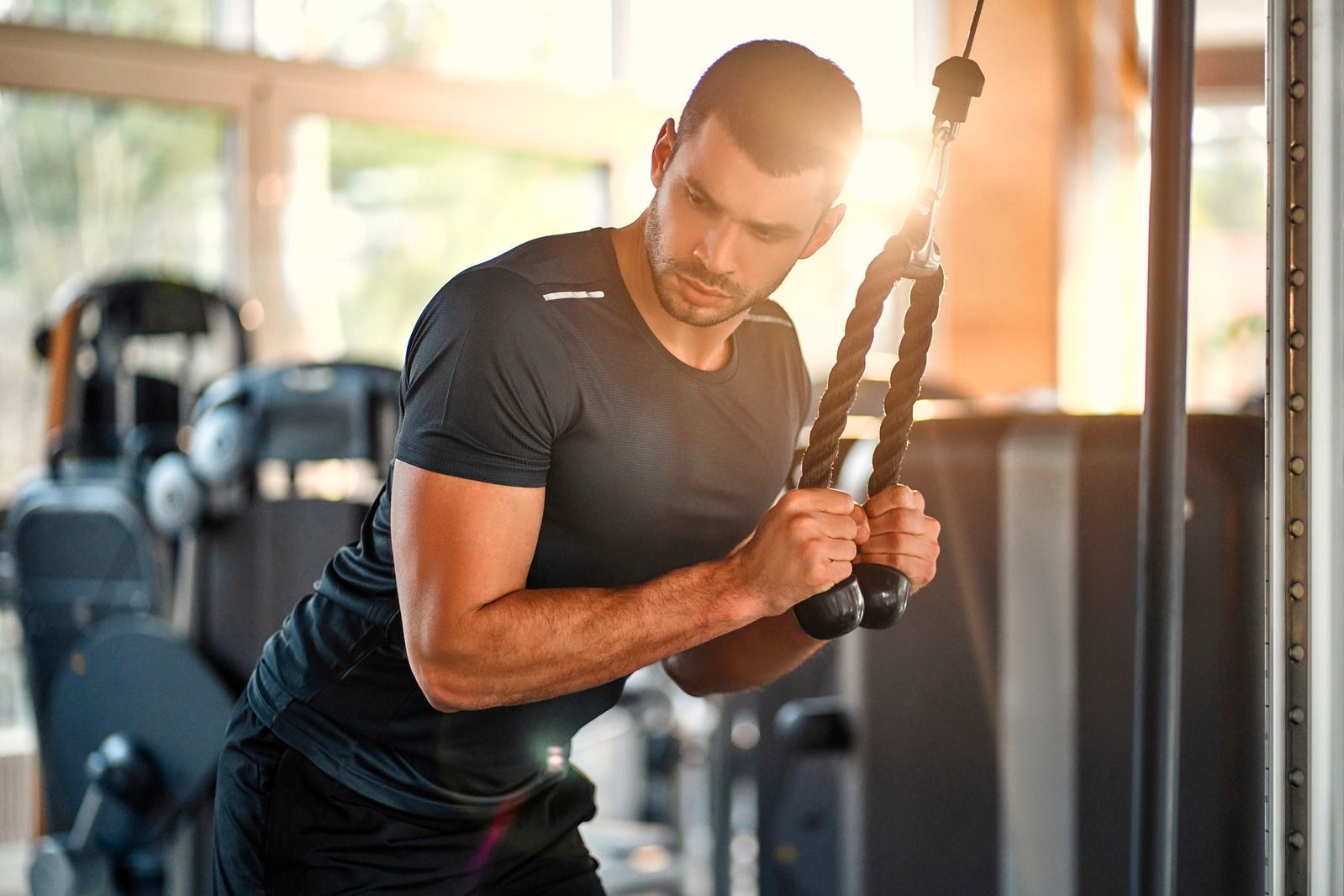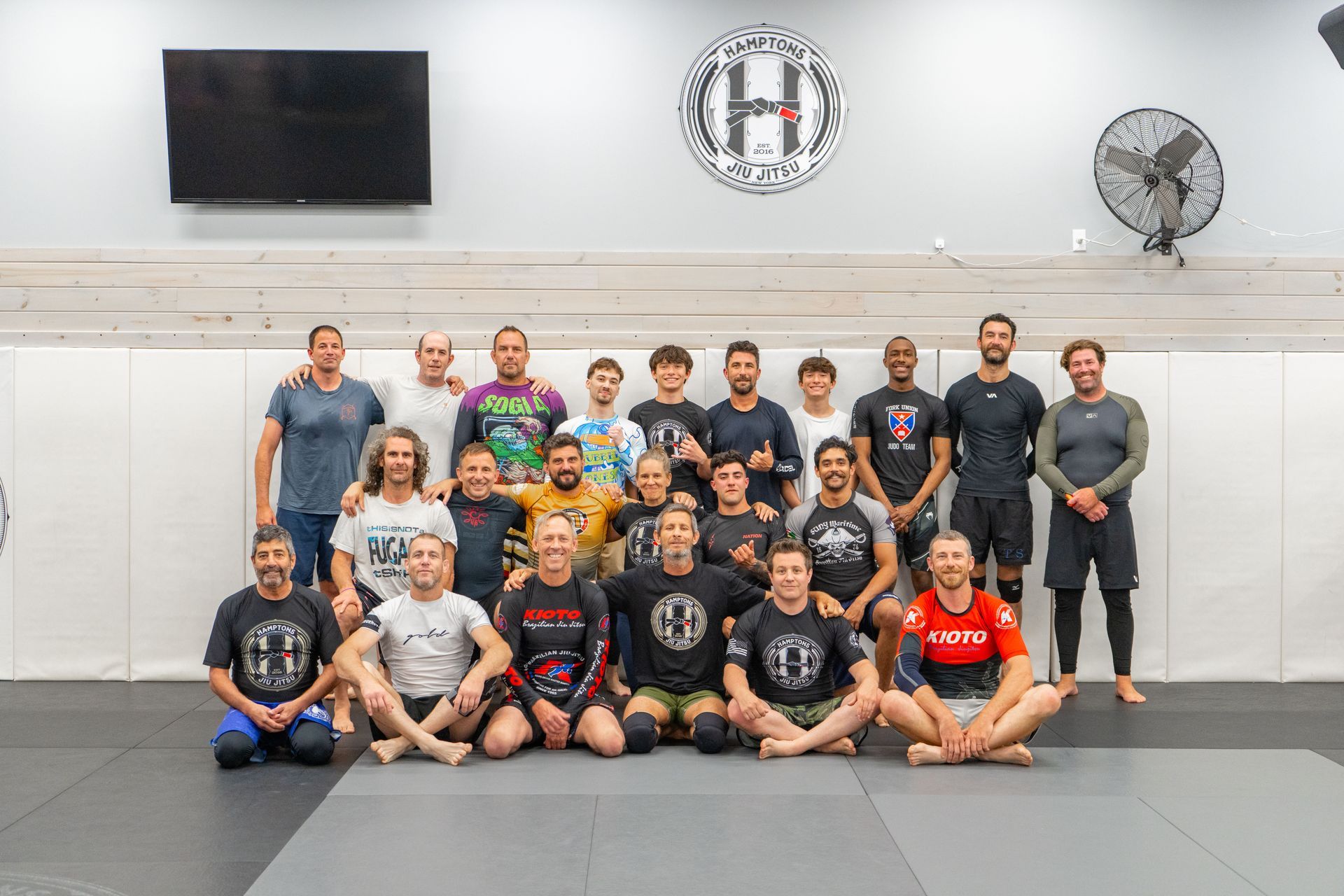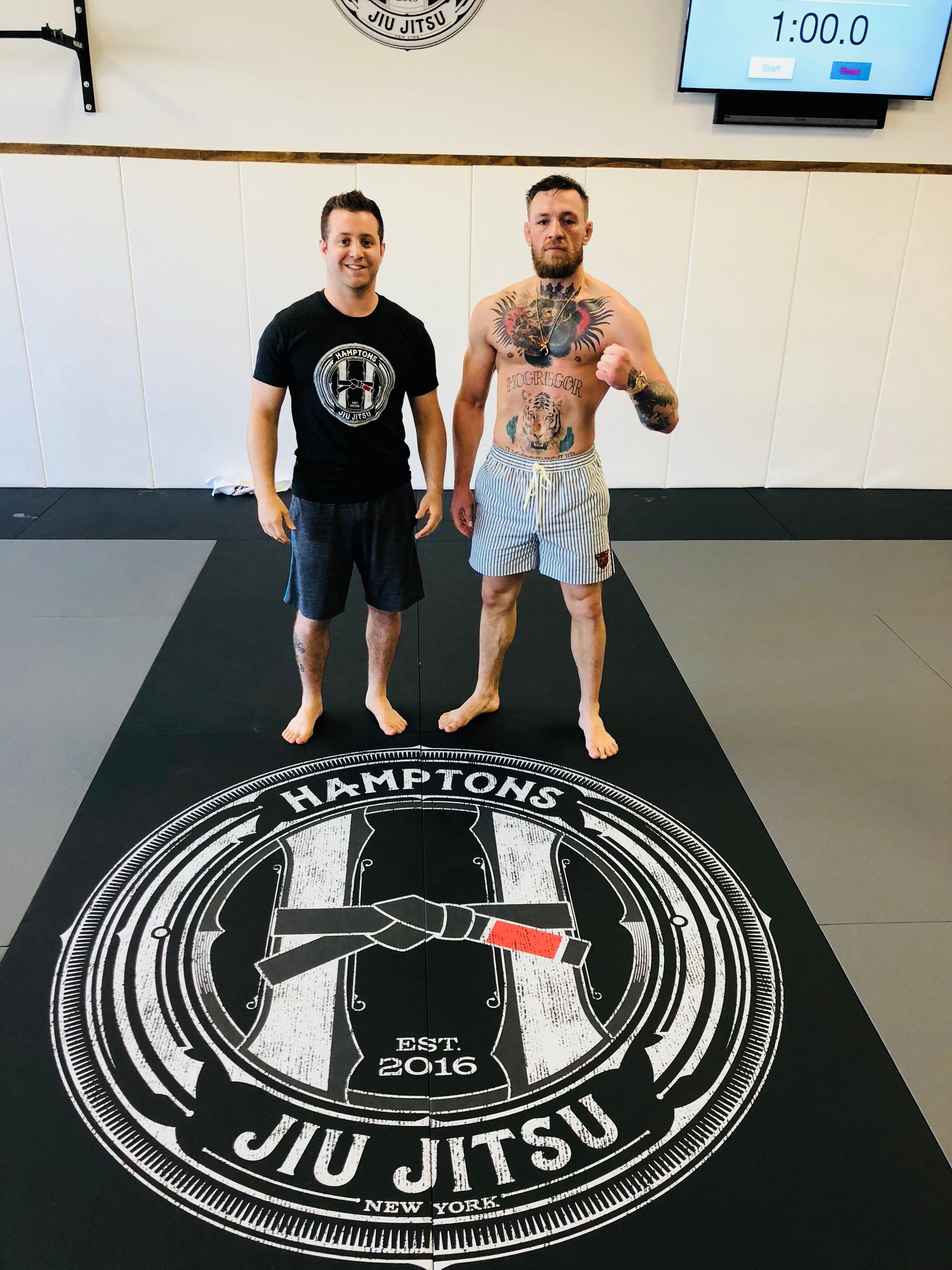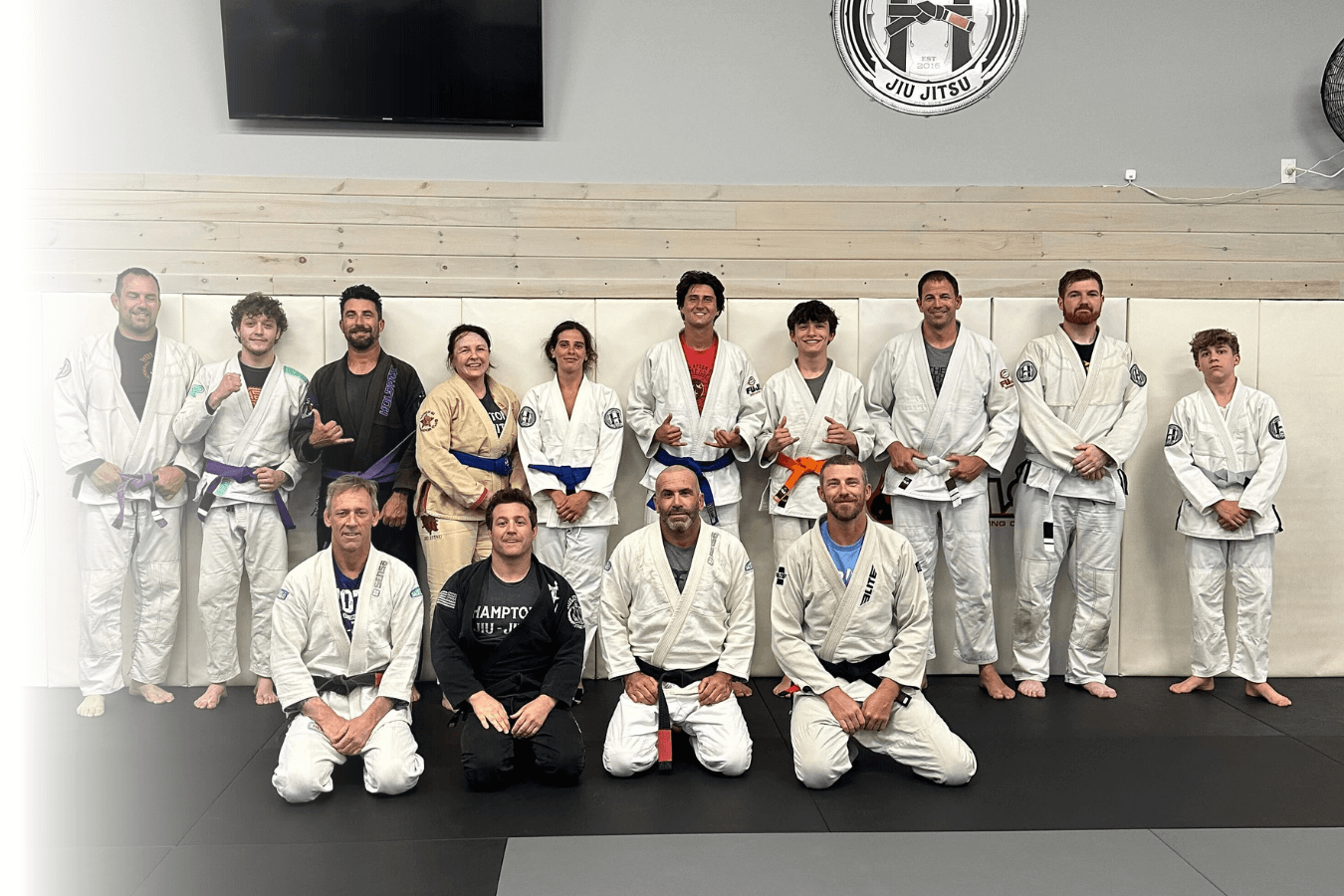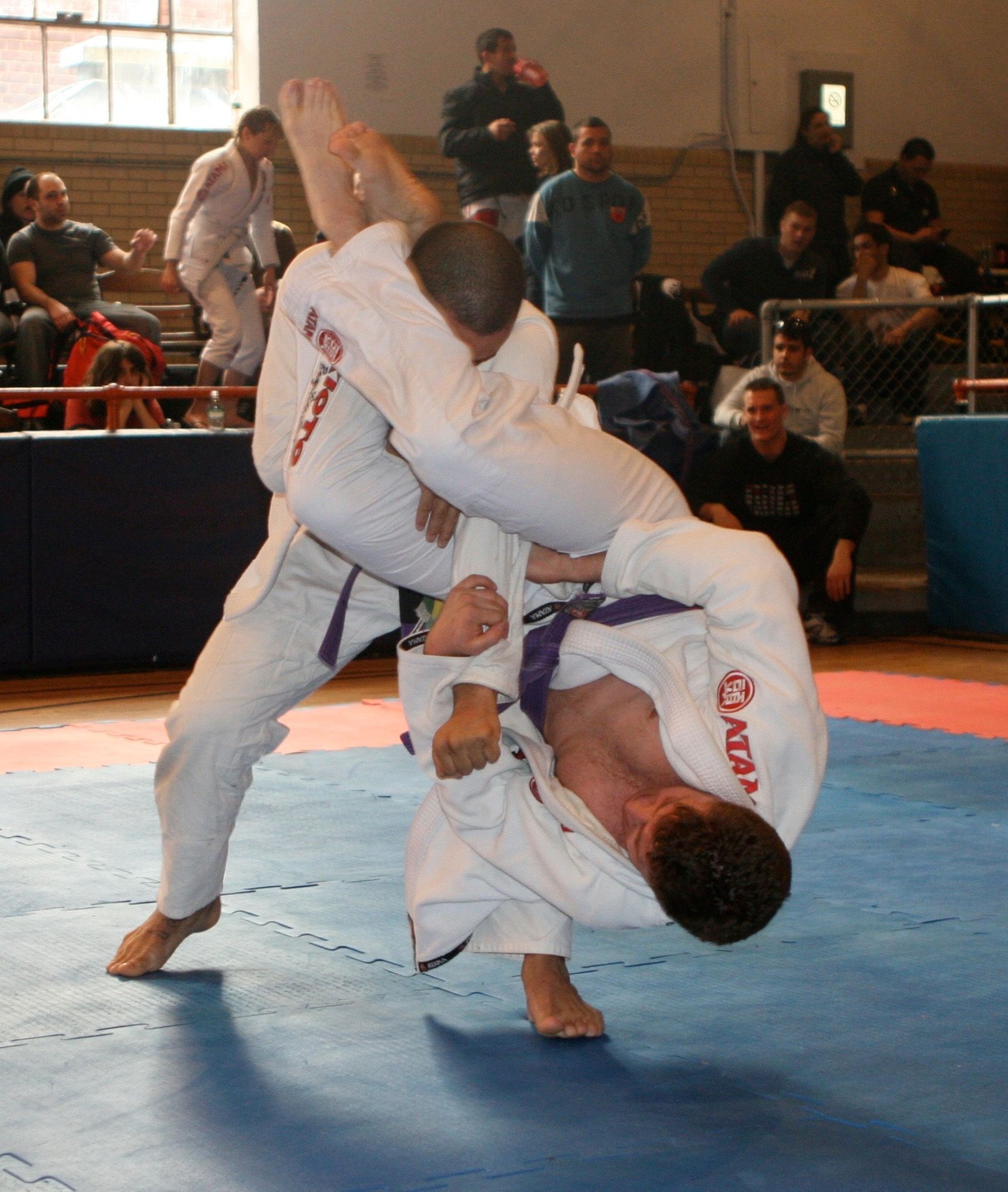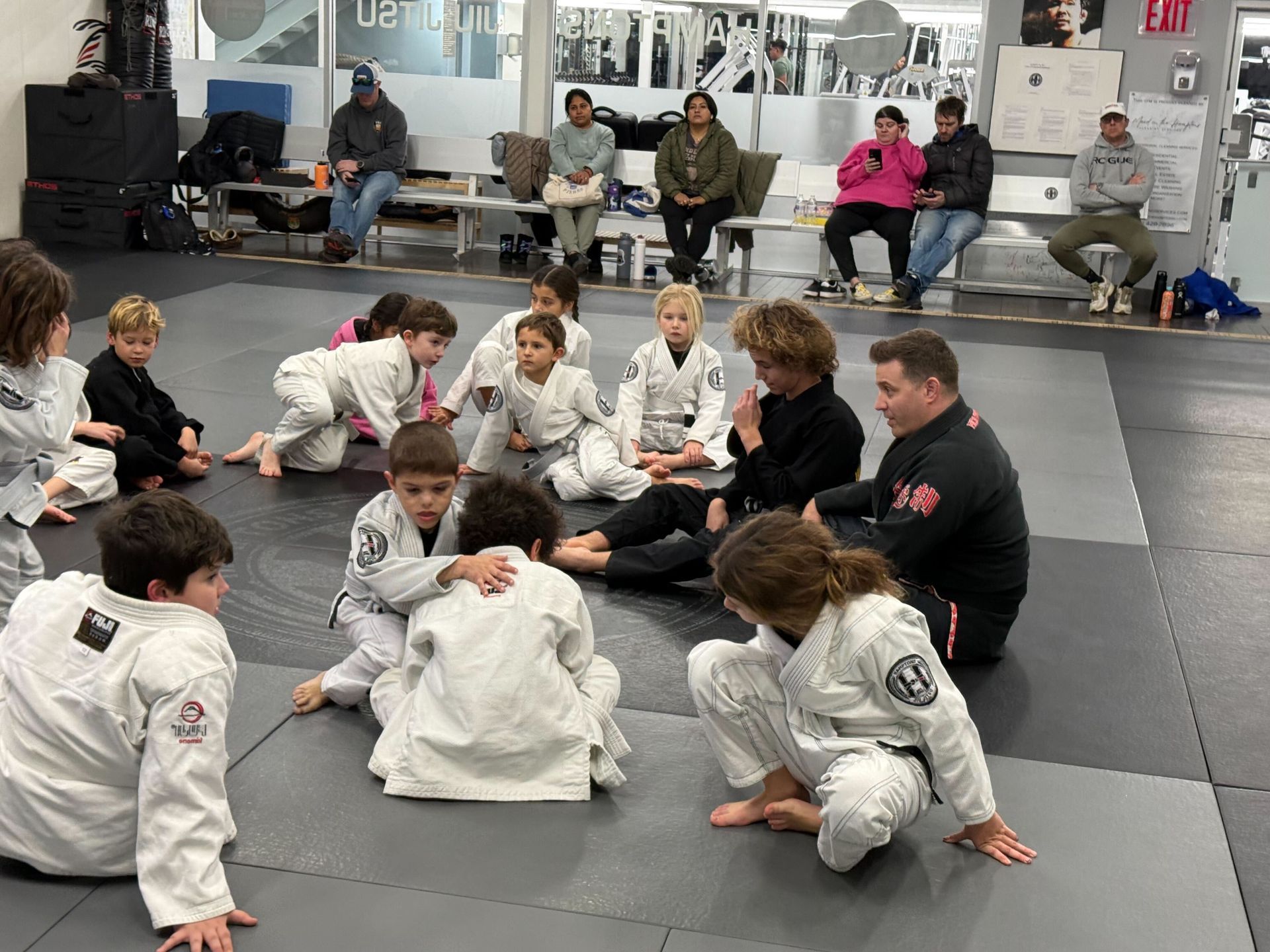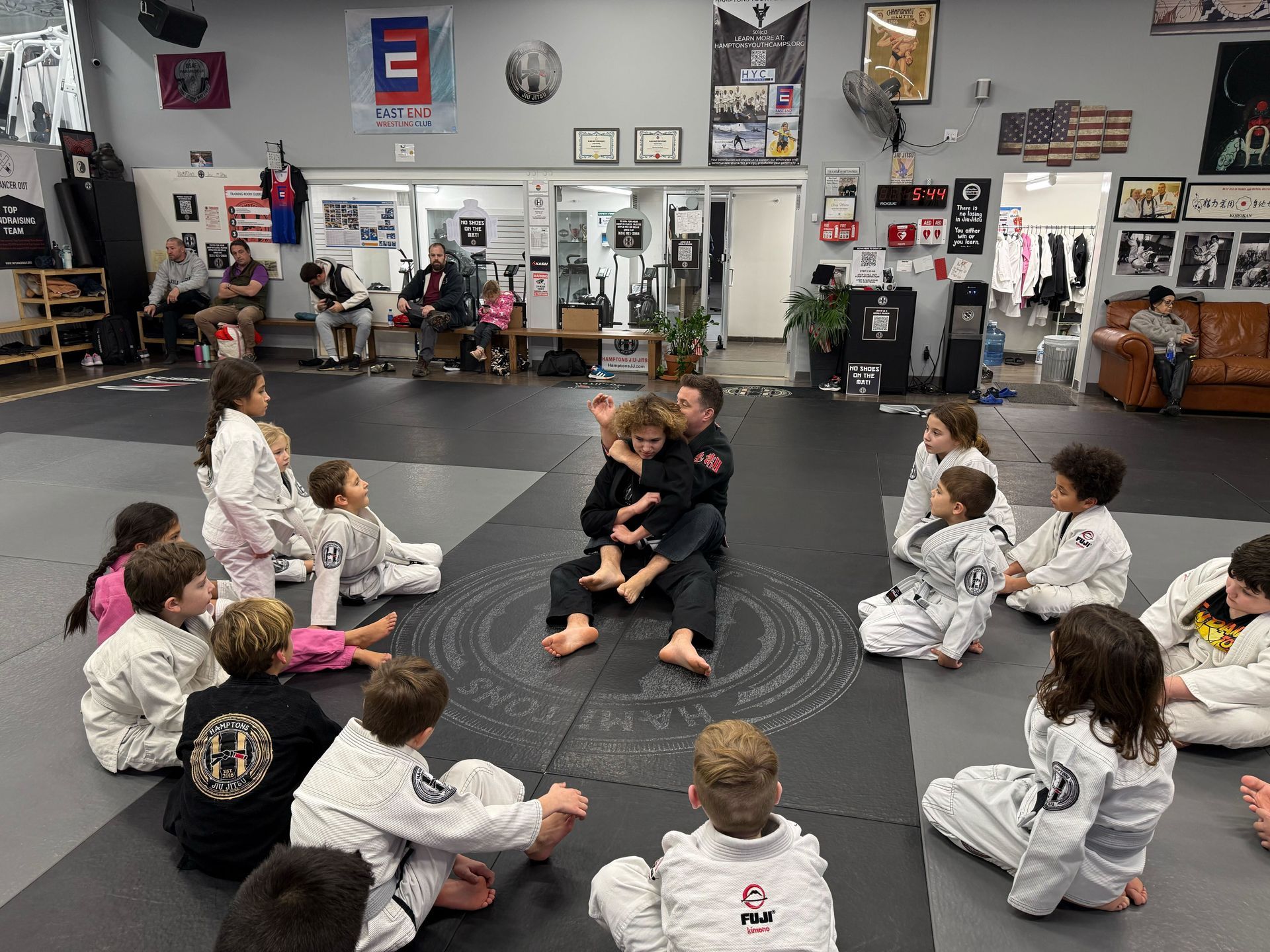How Martial Arts Translates to Success in School
How Martial Arts Translates to Success in School
Martial arts are more than just physical combat or self-defense techniques; they embody a way of life that fosters discipline, focus, respect, and resilience.
Over the years, the popularity of martial arts among students has surged, with many schools incorporating these ancient practices into their extracurricular activities. The Hamptons School, renowned for its commitment to holistic education, recognizes the value martial arts bring to students' academic and personal lives. This article explores how martial arts can translate into success in school by enhancing various skills that are critical for academic achievement.
The Discipline of Martial Arts
One of the foundational pillars of martial arts is discipline. Whether it's karate, judo, taekwondo, or jiu-jitsu, martial arts require practitioners to adhere to strict codes of conduct, rules, and routines. This discipline instills a sense of responsibility and self-control, which are directly transferable to academic settings. Students who practice martial arts are often better at managing their study schedules, adhering to deadlines, and maintaining focus during classes. The structured environment of martial arts classes mirrors the demands of school, helping students build the discipline needed to succeed academically.
Building Focus and Concentration
Martial arts are heavily focused on techniques that enhance concentration and mindfulness. Practitioners learn to be present in the moment, channeling their energy and focus on precise movements and strategies. This heightened state of awareness translates into improved concentration in the classroom, allowing students to absorb and retain information more effectively. Techniques such as deep breathing, meditation, and repetitive practice in martial arts help train the mind to stay focused, which can significantly boost classroom performance and test scores.
Boosting Self-Confidence
Confidence is a critical factor in academic success, and martial arts are exceptional at building self-esteem. As students progress through different belt levels and master new skills, they gain a sense of accomplishment and self-worth. This newfound confidence often carries over into their school life, leading to increased participation in class, a willingness to take on challenges, and a more positive attitude towards learning. Confident students are more likely to engage in school activities, ask questions, and contribute to discussions, all of which enhance their educational experience.
Physical Fitness and Academic Performance
The physical benefits of martial arts are well-documented, but the impact of physical fitness on academic performance is equally significant. Regular physical activity is linked to improved cognitive function, better memory, and enhanced problem-solving skills. Martial arts training, which combines aerobic and anaerobic exercises, boosts cardiovascular health and brain function. Students who engage in martial arts are often more energetic, less prone to fatigue, and better equipped to handle the mental demands of schoolwork.
Time Management Skills
Balancing school, martial arts, and other activities teaches students valuable time management skills. Martial arts classes are scheduled at specific times, requiring students to plan their day effectively to accommodate training, homework, and leisure. This juggling act reinforces the importance of prioritization, punctuality, and efficient use of time. Students who learn to manage their schedules through martial arts are often more organized, less stressed, and better prepared for the rigors of academic life.
Stress Relief and Mental Health
Martial arts provide a healthy outlet for stress and anxiety, which are common challenges for students. The physical exertion, coupled with techniques such as controlled breathing and meditation, helps to reduce cortisol levels and promote a sense of calm. Students who practice martial arts regularly report lower levels of stress and anxiety, leading to better mental health and improved academic performance. A relaxed mind is more open to learning, problem-solving, and creative thinking, all of which are essential for school success.
Goal Setting and Achievement
Martial arts emphasize the importance of setting and achieving goals, whether it's mastering a new technique or earning the next belt. This focus on goal setting teaches students the value of perseverance, hard work, and incremental progress. These skills are directly applicable to academics, where students must set study goals, prepare for exams, and complete projects. The experience of achieving martial arts milestones boosts students' motivation and confidence, encouraging them to tackle academic challenges with the same determination.
Respect and Teamwork
Respect is a core value in martial arts, taught through bowing, addressing instructors properly, and maintaining a respectful demeanor towards peers. This sense of respect extends to the classroom, where students learn to appreciate their teachers and fellow classmates. Additionally, many martial arts involve partner drills and group activities that teach teamwork and cooperation. Students learn that success often requires collaboration, listening, and supporting one another, skills that are invaluable in group projects and school sports.
Perseverance and Resilience
Martial arts training is not without its challenges, including physical strain, repetitive practice, and occasional failure. However, these experiences are crucial for developing perseverance and resilience. Students learn to push through difficulties, adapt to setbacks, and continue striving towards their goals. This mindset is invaluable in academic settings, where challenges such as difficult subjects or poor test scores can otherwise discourage students. Martial arts teach that failure is not the end but a stepping stone to success.
Conflict Resolution and Emotional Control
A key aspect of martial arts is learning to manage emotions, particularly anger and frustration. Techniques such as controlled breathing, meditation, and non-violent conflict resolution are central to martial arts training. These skills help students handle conflicts with peers calmly and constructively, reducing incidents of aggression and promoting a peaceful school environment. Emotional control also aids in stress management, allowing students to approach exams and assignments with a clear and focused mind.
Improved Behavior and School Engagement
Students involved in martial arts often display improved behavior and engagement in school. The structure and expectations of martial arts classes teach respect for authority and rules, which carry over into the classroom. Schools have reported lower rates of behavioral issues among students who participate in martial arts, as these students tend to have higher self-discipline and are less likely to engage in disruptive behavior. Additionally, the confidence and social skills gained from martial arts encourage greater involvement in school activities and a more positive attitude towards learning.
Leadership Skills Development
Martial arts provide numerous opportunities for students to develop leadership skills, such as leading warm-ups, demonstrating techniques, or mentoring younger students. These leadership roles help build communication skills, confidence, and the ability to inspire and guide others. In school, these skills translate into leadership in group projects, student government, and other extracurricular activities. Martial arts-trained students are often seen as role models by their peers, demonstrating the benefits of discipline, respect, and perseverance.
Real-Life Success Stories
There are countless stories of students who have excelled academically thanks to the skills developed through martial arts. For instance, many students at the Hamptons School who participate in martial arts have reported improved grades, better time management, and increased self-confidence. Parents and teachers alike have noted that these students are more focused, disciplined, and engaged in their studies. Testimonials from parents and students often highlight the positive impact of martial arts on both academic and personal growth.
How Hamptons School Supports Martial Arts
The Hamptons School is committed to supporting students' holistic development through a variety of extracurricular programs, including martial arts. The school offers classes in various martial arts disciplines, encouraging students to explore these activities as a means of enhancing their academic and personal lives. By integrating martial arts into the school curriculum, Hamptons School provides students with the opportunity to develop valuable life skills that go beyond the classroom.
Final Thoughts
Martial arts offer a unique blend of physical, mental, and emotional benefits that can significantly enhance students' success in school. From building discipline and focus to boosting confidence and reducing stress, the skills learned in martial arts are directly applicable to academic settings. The Hamptons School recognizes the value of these practices and encourages students to explore martial arts as a means of achieving overall success. By embracing martial arts, students can develop the resilience, respect, and determination needed to excel in all areas of their lives.
FAQs
How does martial arts help with academic success?
Martial arts help with academic success by teaching discipline, focus, and time management skills, all of which are essential for effective studying and classroom behavior.
Can martial arts improve my child’s behavior at school?
Yes, martial arts emphasize respect, self-control, and cooperation, which often lead to improved behavior and reduced disciplinary issues in school.
What types of martial arts are most beneficial for students?
Common beneficial martial arts for students include karate, judo, taekwondo, and Brazilian jiu-jitsu, each offering unique skills that contribute to personal and academic development.
Is there a link between physical fitness and academic performance?
Yes, physical fitness improves cognitive functions such as memory and problem-solving, which are directly linked to better academic performance.
How does martial arts help with stress management?
Martial arts incorporate techniques like controlled breathing and meditation, which help students manage stress and anxiety, leading to a calmer and more focused mind.
What programs does Hamptons School offer for martial arts?
Hamptons School offers a variety of martial arts programs as part of its extracurricular activities, designed to support students’ holistic development and success.
ACCESS OUR SCHEDULE
& EXCLUSIVE WEB SPECIAL
Secure your spot and get started today with our EXCLUSIVE offer!


